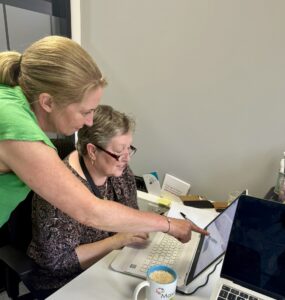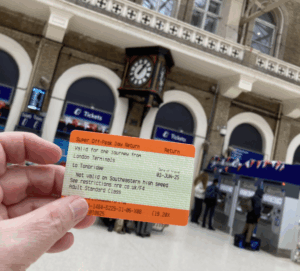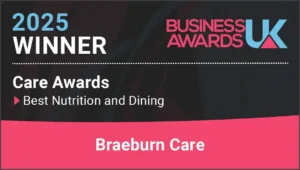May is Stroke Awareness Month, a time dedicated to increasing awareness about stroke, its causes, and its impact on individuals and families. Stroke is a leading cause of death and disability worldwide, and it is important to understand its warning signs and risk factors.
A stroke occurs when blood flow to the brain is disrupted, either due to a clot blocking a blood vessel (ischemic stroke) or due to bleeding in the brain (hemorrhagic stroke). When the brain is deprived of blood and oxygen, brain cells start to die within minutes. This can lead to permanent brain damage, disability, or even death.
While stroke can affect anyone, certain risk factors increase the likelihood of having a stroke, these include high blood pressure, smoking, diabetes, high cholesterol, obesity, and a family history of stroke. People who have had a previous stroke or transient ischemic attack (TIA, or “mini-stroke”) are also at higher risk. Think Ahead Stroke advocate by making simple lifestyle changes, you can significantly reduce the chances of you or a loved one having a stroke.
Patients who have survived a stroke joint forces with their ‘savers’ and the NHS to encourage people to act F.A.S.T. and call 999 if they have symptoms of a stroke. The call has been part of an NHS campaign to increase public awareness of the signs of stroke – also known as a ‘brain attack’ – after findings show one in five people are not confident, they could recognise the typical signs.
Recognising the warning signs of stroke is crucial for getting prompt medical attention and preventing long-term damage. The acronym “FAST” is an easy way to remember the signs of stroke:
- Face drooping: Does one side of the face droop or feel numb?
- Arm weakness: Is one arm weak or numb? Ask the person to raise both arms. Does one arm drift downward?
- Speech difficulty: Is speech slurred or hard to understand? Ask the person to repeat a simple sentence, like “The sky is blue.”
- Time to call 999: If someone shows any of these symptoms, call 999 immediately. Getting to a hospital quickly can make a big difference in a stroke patient’s outcome.
Certain treatments, like clot-busting drugs or mechanical thrombectomy, are time-sensitive and can only be given within a few hours of the onset of symptoms. Across the UK the British Heart Foundation researchers are determined to find new treatments for stroke and the Stroke Association funds research into prevention, treatment and better methods of rehabilitation, campaigning to increase knowledge of stroke, improve stroke services and act as a voice for everyone affected.
Stroke Awareness Month is an opportunity to spread the word about stroke prevention, recognition, and treatment. By raising awareness, we can help more people understand the risk factors, warning signs, and actions to take in the event of a stroke. This knowledge can ultimately save lives and improve outcomes for stroke survivors.

















